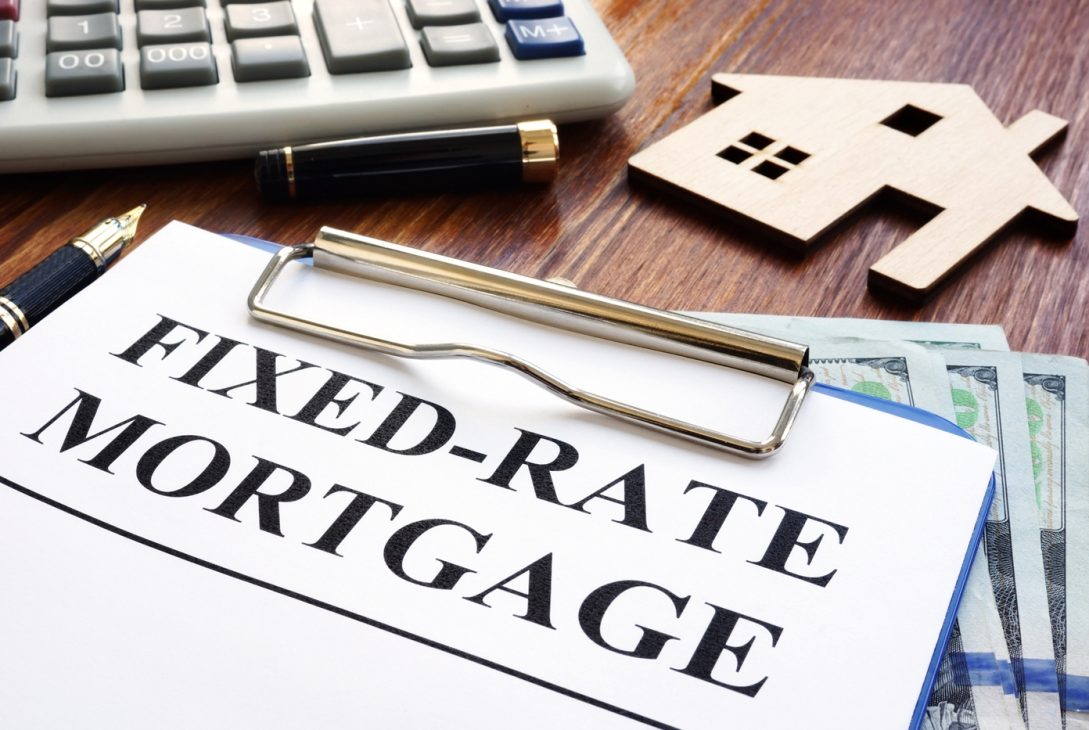Fixed-rate mortgages are a popular option for Canadian homebuyers seeking stability and predictability. They offer peace of mind by locking in your interest rate for the entire term of your loan, so your monthly payments won’t change, no matter what happens in the broader economy.
What is a fixed-rate mortgage?
A fixed-rate mortgage is a loan where the interest rate remains the same for a set period of time—typically 1 to 10 years. The most common term in Canada is five years.
With a fixed rate, your principal and interest payments stay consistent throughout your term, which can make budgeting easier and reduce uncertainty.
How fixed mortgage rates are set
Unlike variable rates, which move with the Bank of Canada’s overnight rate, fixed mortgage rates are driven by the bond market. Specifically, lenders look at the yield on Government of Canada bonds that match the length of your mortgage term. For example, five-year fixed mortgage rates are largely influenced by five-year bond yields.
When bond yields go up, fixed rates usually rise too. When yields fall, fixed rates tend to follow. Bond yields fluctuate based on market expectations for inflation, economic growth, and future central bank moves.
In other words, fixed mortgage rates often shift before the Bank of Canada makes a decision, because investors are always anticipating what might happen next.
Why bond yields matter
Bond yields are a reflection of what investors think is coming. If markets expect interest rate hikes or persistent inflation, bond yields typically rise. If they expect an economic slowdown or rate cuts, yields fall. Since lenders use these yields as a benchmark, movements in the bond market directly affect the cost of fixed-rate mortgages.
This is why mortgage rates can fall even if the Bank of Canada hasn’t cut its policy rate yet—or why they can rise before the Bank increases rates. Watching bond yields can give borrowers a head start on where fixed rates might be headed.
Is a fixed rate right for you?
A fixed-rate mortgage may be a good fit if you value predictable payments, plan to stay in your home for the full term, or are concerned about future rate hikes. However, it’s important to understand that fixed-rate mortgages often come with larger penalties if you break your term early.
Fixed rates are usually a bit higher than variable ones at the start, but they can offer long-term savings if rates go up. They also bring peace of mind, especially in uncertain economic times.
Work with a mortgage broker
Whether you’re buying a home, refinancing, or renewing your mortgage, choosing between fixed and variable rates is a big decision.
A mortgage broker can help you weigh your options, understand current rate trends, and find a solution that fits your financial goals.
Last modified: March 25, 2025




